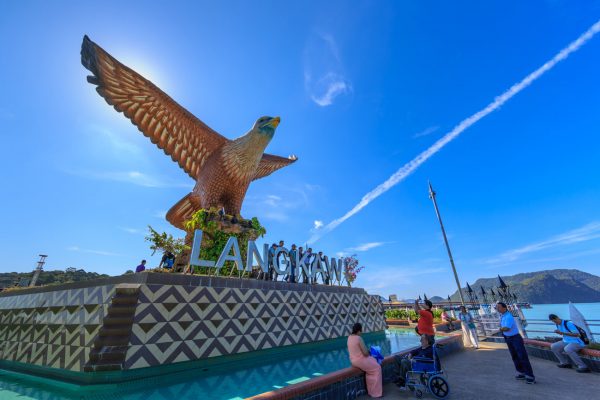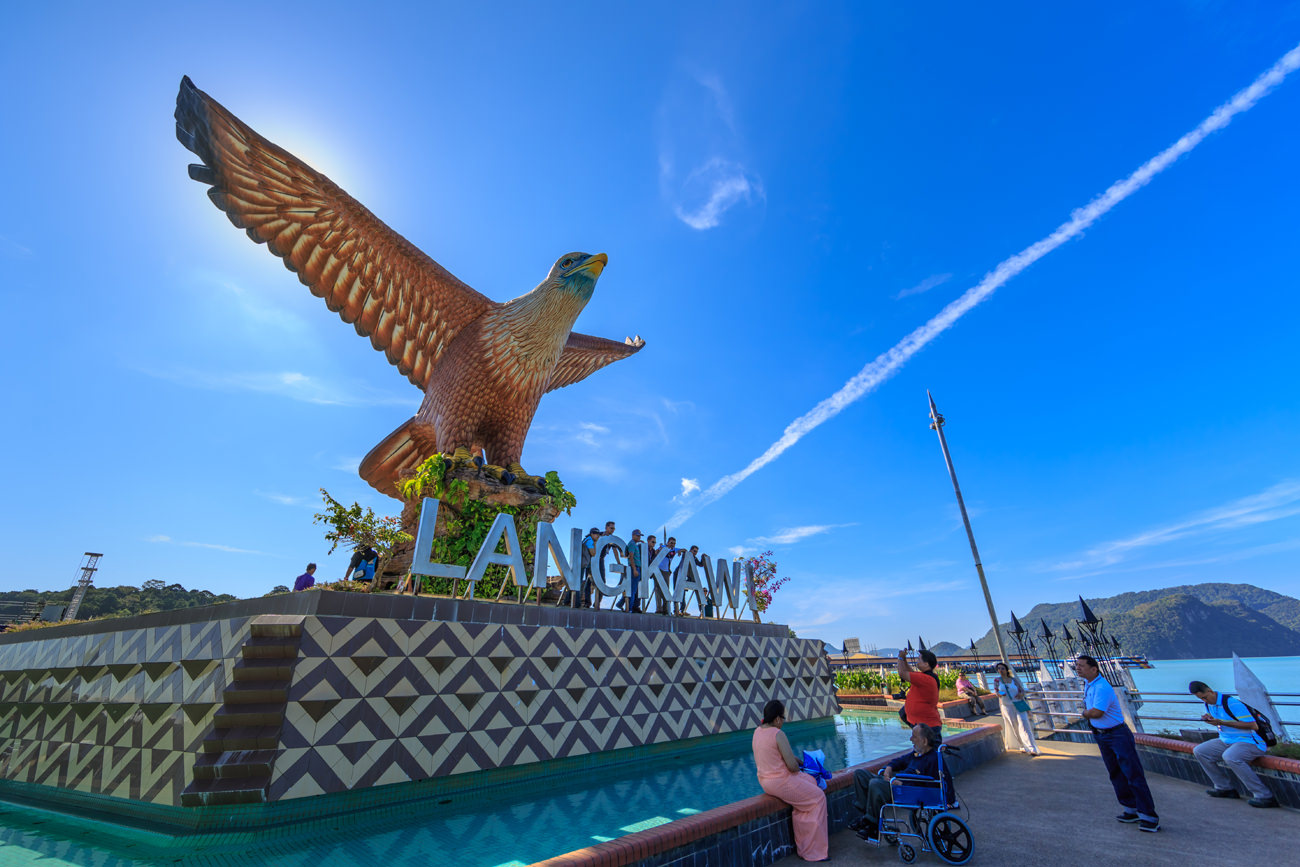KUALA LUMPUR, 11 November 2021: The countdown begins that will open Langkawi to international tourists starting 15 November.
If it proves to be successful, the authorities will replicate the Langkawi pilot project at other tourist destinations in the country. International travellers can stay on Langkawi island for a minimum stay of three days with no quarantine restrictions starting 15 November.

International tourists must undergo the Covid-19 RT-PCR test within 72 hours before their flight departure. They must show a digital or printed copy of the results and have the MySejahtera app downloaded before departure.
International tourists to Langkawi must also have minimum insurance of USD80,000. They are obligated to use the tourism services of travel companies licensed by the Ministry of Tourism, Arts and Culture (MOTAC). Fully-vaccinated parents or guardians must accompany children under the age of 18.
Tourists arriving via Kuala Lumpur International Airport (KLIA) will be required to take a Rapid Molecular Test. At the same time, those on direct flights to Langkawi must undergo an RT-PCR test on the second day after arrival. Only a maximum of 20 people will be allowed in a group tour, and the group must hire a tourist guide.
International tourists staying more than five days must undergo an RT-PCR test on day five. However, those visiting for three days can take a Covid-19 test on the second day before returning to their home country.
This so-called Tourism Bubble (inbound) pilot project will run for three months and is open to travellers from countries approved by the Foreign Affairs Ministry, Health Ministry and the Immigration Department.
Tourism Malaysia says it is working with international airlines to increase connectivity to Malaysia. Malaysia Airlines is currently operating twice weekly for flights from London to Kuala Lumpur until 31 December. Flights will increase to five times weekly between January and March 2022.
Malaysia has fully vaccinated 94.7% of its adult population or 73.2% of its total population, with 81.6% of teenagers aged between 12 and 17, received at least one dose of the Covid-19 vaccines.







